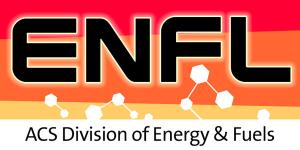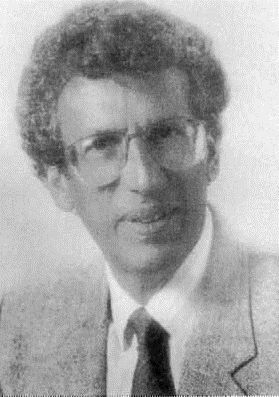
Peter R. Solomon

Henry H. Storch Award in Fuel Chemistry sponsored by Exxon Research & Engineering Co. Since 1975, PETER R. SOLOMON, president of Advanced Fuel Research Inc., Hartford, Conn., has worked on methods to measure and simulate coal thermal decomposition. This work includes new methods for measuring coal particle temperatures, measuring the composition of coal, and on-line analysis of coal conversion products. The award winner's work led to the most detailed model currently available for predicting coal pyrolysis product distribution and the molecular weight distribution of tar. This model has recently provided the basis for a new model of coal viscosity that has stimulated new experiments in a wide range of coals. Solomon helped elucidate the kinetics of overall weight loss and major product evolution for coal pyrolysis and demonstrated that the rate of pyrolysis reactions at high temperature was much higher than generally believed. He developed (and patented) the Fourier transform infrared emission/ transmission method that supported this conclusion. Solomon has provided new insights into the nature of crosslinking reactions in coal pyrolysis. He has helped explain how pyrolysis conditions and coal type affect the intrinsic reactivity of the char. He pioneered the use of FTIR as a tool for quantitative functional group determination in coal and hydrocarbon fuels. He introduced the use of FTIR as an insitu, on-line detector for product concentrations and temperature in fuel conversion experiments, and he developed an FTIR method to measure coal spectral emissivity. Solomon's recent research, in collaboration with a number of other scientists, is directed toward developing more complete predictive models and understanding of coal gasification, liquefaction, and composition. The award winner holds nine patents and has 110 publications in hydrocarbon research chemistry. He obtained a B.S. degree in physics from City College of New York (1960) and M.A and Ph.D. degrees in physics from Columbia University in 1963 and 1965 respectively. He founded Advanced Fuel Research in 1980 with three employees; it now has 22.